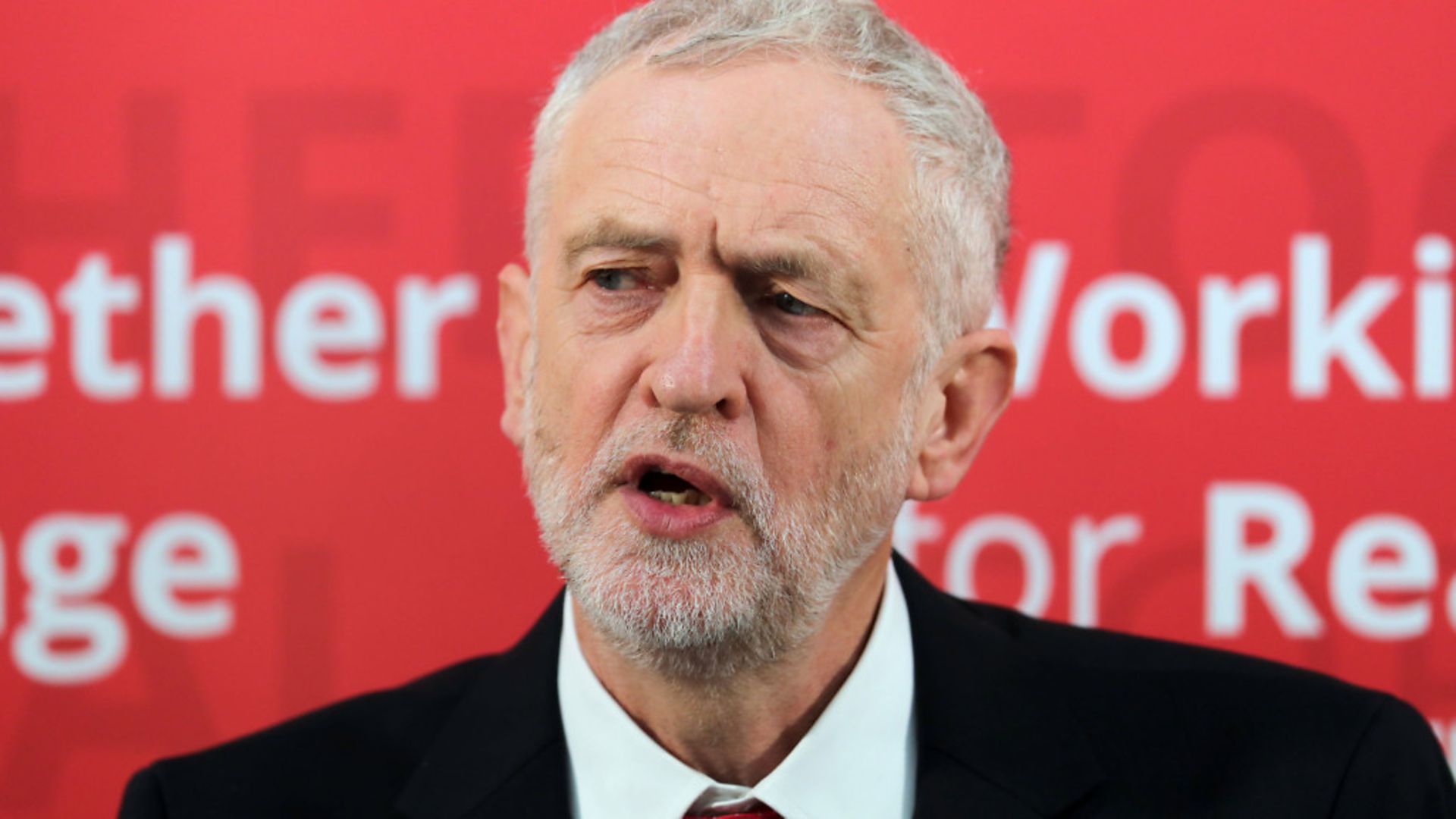
As the new year gets underway, JAMES BALL argues that pinning your hopes on BINO* (*Brexit In Name Only) is pointless.
If you believe the new upbeat tone of lots of Brexit coverage, we enter 2018 with the chances of a cliff-edge Brexit much reduced: the EU and UK have agreed a deal for ‘phase one’ of the exit talks, and by March will be discussing the future trade relationship of the UK and EU.
Theresa May has gathered a tenuous cabinet consensus for a two-year transition period. The government has won most of its votes so far on the Brexit bill.
On paper, things are going to plan. But as ever with Brexit, things aren’t nearly so straightforward in reality – and there’s a huge and hidden risk that the UK could simply push back its cliff-edge for a few years.
It’s the transition period that lies at the core of this danger. May has said the UK will have a two-year status quo transition period, which will extend by only a few months at most – though Brexiteer foreign secretary Boris Johnson is insisting it must be capped at two years, making any lengthy extension difficult.
Even this is not formally agreed: the EU is likely to insist the UK remains in the single market and customs union for the duration of the transition, and could also require the UK to implement all new EU regulations passed during the period. This will be difficult to pass through pro-Brexit ministers and MPs, who fear an indefinitely extended transition period could amount to BINO, or ‘Brexit In Name Only’.
That’s a situation which may appeal to quite a few Remain supporters, but in practice it would be much more difficult to achieve than Brexiteers fear. Under EU law, it could prove difficult or impossible to extend a transition period beyond whatever is agreed in the Article 50 exit deal without new EU treaties – which could require extensive negotiation and ratification by member states.
This would not be something that could be achieved via the back door or without public notice. As a result the form of words of the exit deal would need to include provisions for extending the transition period – which would provoke a much quicker backlash.
This is how we end up risking heading for a cliff-edge in 2021 rather than 2019: the UK is still acting as if it could be possible to negotiate a custom trade deal by March 2021 or so. This would be absolutely unprecedented in the context of modern international trade deals. The EU/Japan trade deal – which is still waiting to be ratified – has already been in formal negotiations for more than four years, while the EU/Canada deal took more than seven years to take force (with three years after the agreement was ‘finalised’ until ratification).
The UK wants a much more comprehensive and complete deal than either of these two arrangements, but wants to achieve it in considerably less time than either. Given the UK would like to achieve a deal on services – our main export to the UK – the complexity of the deal increases markedly, and will be particularly tricky as the EU Commission will be keen to agree something distinct from the single market, which the UK insists on leaving. Experts and negotiators alike agree such a deal is virtually impossible in a two-year period.
That results in a new question: what happens to the UK when the transition period is up and there’s nothing to transition to? When the UK accepts the reality that a bespoke complex agreement can’t be achieved, it is left with the possibility of negotiating a new interim agreement – which would likely greatly favour the EU – or once again facing a new cliff-edge.
The best hope for the UK could be biting the bullet and accepting a deal resembling either that achieved by Canada – which would include goods (which the EU sells more of to the UK) but exclude services (the UK’s main export to the EU) – or accepting a deal something like Norway’s, which is clearly a worse deal than the UK had before Brexit, and which would be hugely politically difficult for Theresa May.
It’s possible even the above is too optimistic: the UK and EU have kicked some of the most difficult talks down the road, especially on the issue of the Irish border. There is a significant chance the talks could still break down without any kind of exit deal, or that May’s government could collapse, prompting a general election and a reboot of talks. There are far more ways to see the Brexit process go badly than well in the coming months.
Perhaps the worst news for Remain and Leave voters alike (and maybe the one issue that still unites both) is that any hope of Brexit, and its total dominance of UK politics, going away any time soon – or even by 2019 – is vanishingly small. We’re going to be hearing about this for a long time yet. Sorry.
Warning: Illegal string offset 'link_id' in /mnt/storage/stage/www/wp-includes/bookmark.php on line 357
Notice: Trying to get property 'link_id' of non-object in /mnt/storage/stage/www/wp-includes/bookmark.php on line 37







